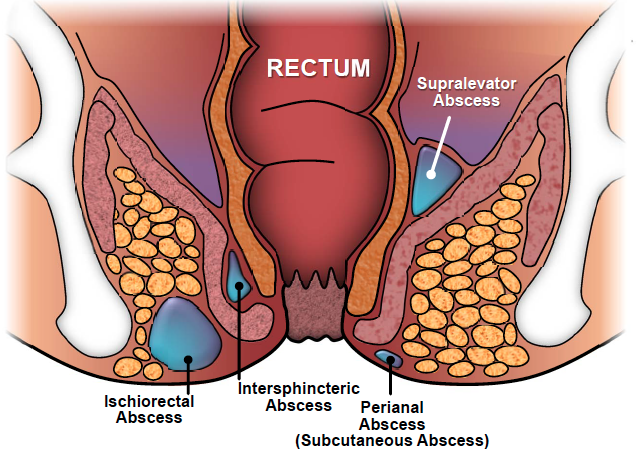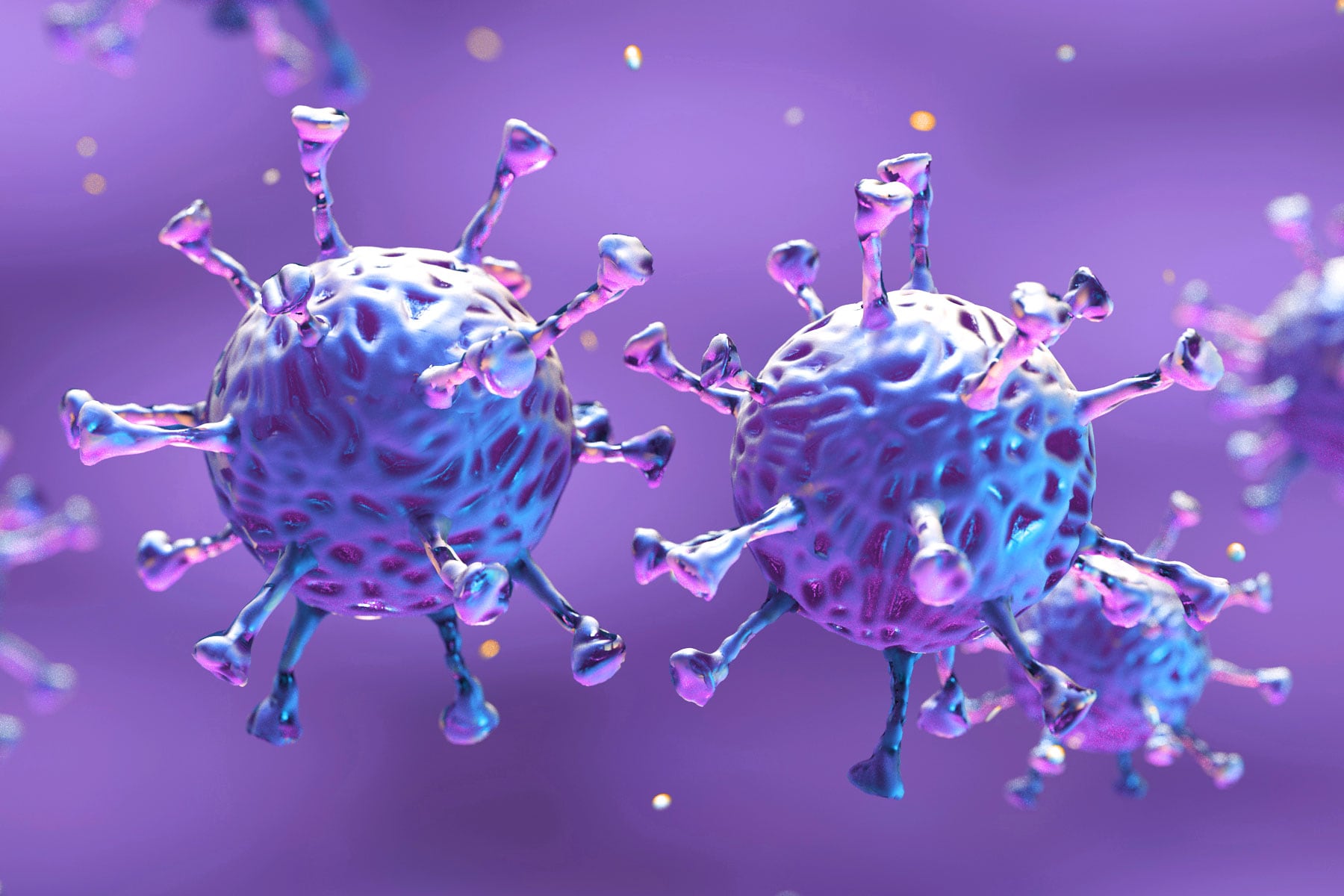AHealth A - Z
Anal Fistula Causes, Symptoms, Diagnosis and Treatment

What Is Anal Fistula?
An anal fistula is a small channel that develops between the end of the bowel, known as the anal canal, and the skin near the anus.
Anal fistulas can be classified as:
- Simple or complex ( single fistula tract or interlinking connections)
- Low or high (position and proximity to the sphincter muscle)
Causes Of Anal Fistula:
Anal fistula can develop due to the following causes:
- Anal abscess
Anal abscess, if left untreated, tends to burst and cause an anal fistula to develop.
- Inflammation of the intestines
Anal fistula is a known complication of the following diseases:
- Crohn’s disease
- diverticulitis
- Syphilis
- AIDS
- Tuberculosis
- Chlamydia
- Complication in surgery
- a growth or ulcer (painful sore)
- an inborn health problem
Symptoms Of Anal Fistula:
The following symptoms are exhibited by those who develop anal fistula:
- Recurrent anal abscesses
- Pain and swelling around the anus
- Pain with bowel movements
- Bleeding
- Bloody or foul-smelling drainage (pus) from an opening around the anus. The pain may decrease after the fistula drains.
- Irritation of the skin around the anus due to persistent drainage
- Fever, chills, and a general feeling of fatigue.
- Diarrhea
- Weight loss
- Vomiting
Diagnosis Of Anal Fistula:
Anal fistula is generally diagnosed via the following methods:
- Physical exam
- Rectal examination
- Protoscopy
- CT scan
- MRI
- Anal endosonography
Treatment Of Anal Fistula:
Anal fistula can be treated through the following methods:
- Surgery
- Fistulotomy
- Seton techniques
- Flap procedures
- Bioprosthetic plugs
- Fibrin glue (non surgical treatment)
By : Natural Health News




